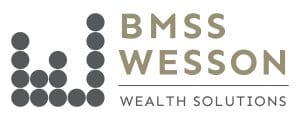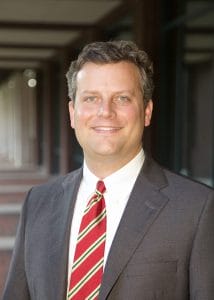Money Matters
It’s election season again. We’ve heard many promises from candidates and speculation from the pundits on what those promises if enacted, could mean for the country. But how might these possible outcomes affect your financial future? When considering this question, keep these points in mind:
Campaign promises aren’t always kept. Presidential candidates often proclaim that they intend to institute major changes in tax or spending policies, or both. But the reality is that our political system is generally resistant to major changes, which may be good for investors because the financial markets dislike the uncertainties accompanying these types of changes.
Economic progress doesn’t always depend on Washington. Even when political leaders succeed in enacting laws and regulations, the results can be unpredictable. Major economic indicators, such as jobs, interest rates, and inflation, can move in unexpected directions, given prevailing policies.
Financial markets can do well – no matter who’s in charge. Since 1970, the stock market, as measured by the S&P 500, has returned on average over 10 percent annually. And that’s under every political combination – Democratic president with Democratic Congress, Republican president with Republican Congress, or one party holding the presidency with the other holding Congress.
The fact is that many factors outside political leaders’ control drive financial markets. To cite just one example, it’s the Federal Reserve, not the president or Congress, that sets interest rates. Other events, including natural disasters, global political or military conflict, and oil production, will also have an impact on our economy and financial markets. Therefore, instead of making investment decisions based on the political scene, “vote” for some tried-and-true strategies. For starters, try to build a diversified portfolio. While diversification can’t protect against all losses or guarantee profits, it can help shield you from market volatility that might primarily affect one asset class. In certain circumstances, if you only owned stocks and the market dropped, your portfolio could decline more than if you also owned bonds, which frequently move in a different direction than stocks. Another suggestion: Invest for the long term. At times, the financial markets experience short-term downturns, but you may not want to overreact by selling investments to “cut losses.” After all, if you’re not invested in the market, you could miss the early stages of a potential next rally, which is often when the biggest gains are made. Consider holding quality investments as part of a strategy that’s appropriate for your risk tolerance, time horizon, and personal goals. Elections can give political leaders a lot of influence – but when it comes to making the right investment choices, you’ve got the power.
Financial Advisor
205-573-0228
Edward Jones, Member SIPC
Investors should understand the risks involved of owning investments, including interest rate risk, credit risk and market risk. The value of investments fluctuates and investors can lose some or all of their principal.
Past Performance does not guarantee future results.
The S&P 500 is an unmanaged, index not available for direct investment and is not meant to depict and actual investment.

















